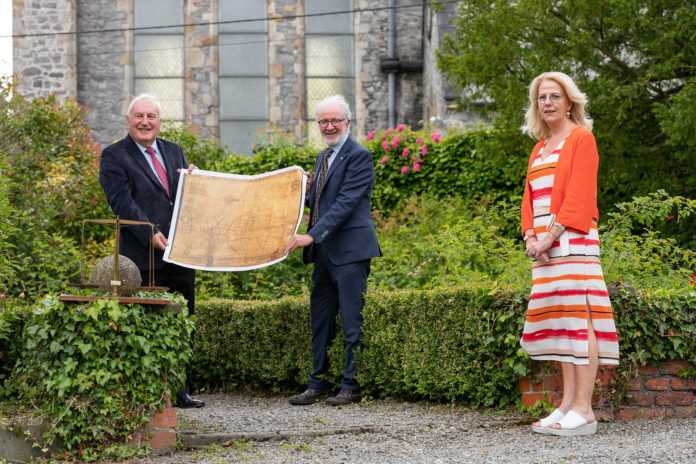
The Heritage Council have announced that it will run an awards scheme for each county participating in National Heritage Week this year.
Running from Saturday 15th – Sunday, 23rd August, National Heritage Week 2020 will take account of restrictions on gatherings due to Covid-19, rather than focusing on the organisation of events this year.
Local heritage groups, families and communities are invited to develop projects around this year’s theme of ‘Heritage and Education: Learning from our Heritage’.
National Heritage Week Awards have been expanded this year to include an award for the best project in each county.
Projects will be assessed on the basis of their local reach and community engagement, educational value and the level to which they involve different age groups.
All projects submitted will be considered for a National Heritage Week Award.
Showcasing communities
Speaking at the announcement of the National Heritage Week Awards, the chairman of the Heritage Council, Michael Parsons, said: “This year, more than ever, National Heritage Week is accessible to everyone: we are calling on individuals, families and communities to explore an aspect of their local heritage; document it; and showcase it in a format that can be shared widely.
“Lots of older members of families and communities have the knowledge and skills that can contribute to a heritage project, while younger people have the technological skills and the imagination to showcase local heritage projects in digital formats.”
National Heritage Week is co-ordinated by the Heritage Council as part of European Heritage Days – a joint initiative of the Council of Europe and the European Union in which more than 40 countries participate each year.
The main aim of European Heritage Days is to promote awareness of our built, natural and cultural heritage and to promote Europe’s common cultural heritage.
Any projects should be completed in time for National Heritage Week in August, when they will be showcased. Formats for showcasing may vary from online talks or exhibitions, to a video, podcast, slideshow presentation or blog, to media coverage, a dedicated website or moderated social media account, or by means of small, restricted social gatherings, which comply with official public health advice.
For further information, visit www.heritageweek.ie











